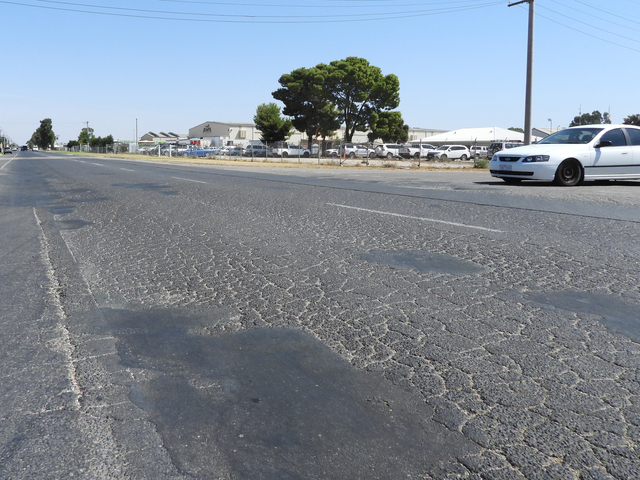
Cropped image of nurse helping senior woman to walk with walker at home. Walking movement disability impairment, handicapped person. Senior life concept
UPDATE: The Australian Government has just announced significant changes to aged care policies, effective from November 1, 2025. While the new regulations will introduce 40,000 additional Home Care Packages to address a waiting list that peaked at 87,597 by March 2025, many elderly Australians will face increased out-of-pocket expenses for essential support services.
Under the upcoming Aged Care Act, new entrants to the aged care system will be required to pay co-payments for many everyday supports, classified as “non-clinical.” This policy change comes at a time when the cost of living is already rising, placing additional financial strain on older Australians and their caregivers.
Starting November 2025, pensioners and self-funded retirees may need to pay approximately $50 per hour for personal care services such as bathing and hygiene assistance. For more intensive support like cleaning, laundry, and cooking, the cost could soar to $75 per hour.
Moreover, new entrants to residential care will undergo means testing to determine if they must contribute to non-clinical care costs, potentially reaching up to $100 per day. Additional charges for meals and facility upkeep may also apply, further complicating financial planning for families.
The changes, while aimed at ensuring the sustainability of the aged care system, are likely to force some elderly individuals into early hospital admissions due to an inability to afford home care or a lack of available aged-care beds in private facilities.
On a positive note, the introduction of the 40,000 additional Home Care Packages is expected to expedite care for many, alleviating some pressure from the extensive waiting list. The first 20,000 packages will be released by November 1, 2025, followed by another 20,000 by December 31, 2025.
The Auwal Care Inc (ACI) Annual General Meeting on September 21, 2025, highlighted the urgency of these policy changes. ACI advocates for improved aged care services, particularly for elderly individuals from Muslim communities who often face inadequate support. “ACI is currently researching the health and social well-being of Muslims aged over 70 to identify service gaps,” said Haji Shayum Rahim, Chairman of ACI. The organization aims to use data-driven insights to push for better outcomes for vulnerable seniors.
As these changes unfold, families and caregivers are urged to prepare for the potential financial impact on their loved ones. The looming adjustments to aged care policy emphasize the need for thoughtful planning to ensure that seniors can maintain their independence and dignity.
For those interested in learning more about ACI’s research and initiatives, they can reach out via email at [email protected].
Stay tuned for more updates as this situation develops, impacting countless lives across Australia.






